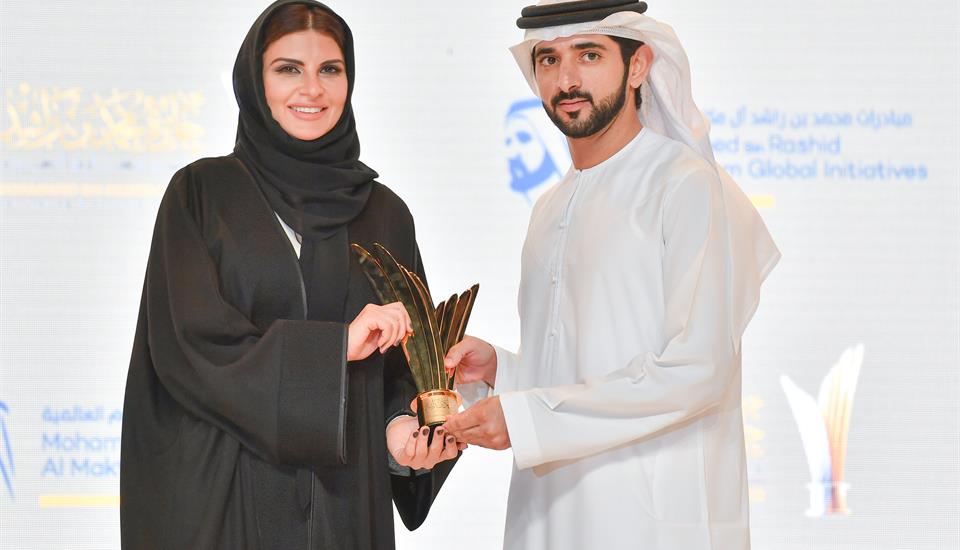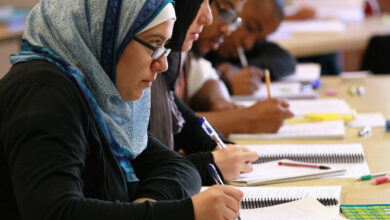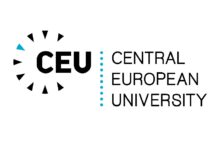
Struggling with a 3.0 CGPA? Muslim Grants in Nigeria That Prioritize Faith Over Scores
Introduction

It’s a common challenge: you’ve passed your exams, met the academic minimum, yet your 3.0 CGPA leaves you on uncertain ground when applying for scholarships. In Nigeria, the pressure is intense—top marks often dominate opportunity. But what if faith, community involvement, and potential mattered more than a mere number? Several Muslim-focused grants across Nigeria are designed just for students like you: those with a lower CGPA, strong spiritual character, and earnest desire to uplift their communities. This post explores how to turn your spiritual and community credentials into grant-winning assets.
Muslim scholarships Nigeria 3.0 CGPA
For many scholarship committees, a CGPA below 3.5 feels like a red flag. But Muslim scholarships in Nigeria for students with a 3.0 CGPA focus more on spiritual leadership, community service, and financial need than on academic perfection.
Key scholarship providers:
- Muslim Scholarship Fund in Nigeria (MSFN)
- Established in 1999 to support indigent Muslim students from Southwestern states.
- Requires just 2.0/4.0, 3.0/5.0, or equivalent—well within the reach of a 3.0 CGPA student.
- Offers ₦120,000 per year at the tertiary level—enough to ease tuition pressures.
- First Class Muslim Foundation (FCMF)
- Provides stipends and mentorship to undergraduates—male and female—selected on character, community engagement, and academic potential.
- Although aimed at high performers, those showing growth—even with lower CGPAs—can benefit from the guidance and support structure.
Grants for Muslim students Nigeria
Aside from scholarships, grants fund Muslim students based on need and spiritual involvement, with less emphasis on GPA.
Notable grants:
- Al-Musaafir Foundation
- Supports Nigerian Muslims preparing for graduate studies abroad with mentorship and fee coverage (e.g., IELTS, applications).
- Requires Second Class Upper—around 3.0 CGPA—making it accessible to most strong but not top-tier students.
- Akhuwat Foundation / AbdulRazzaq Education Trust
- Though initially outside Nigeria, charitable trust work extends to funds administered locally via Muslim communities and charitable bodies.
- Example: N5 million support provided by AbdulRazzaq Salman to indigent Kwara State students .
- Federation of Muslim Women Association of Nigeria (FOMWAN)
- Empowers Muslim women through education; occasional scholarships open to undergrads based on need and community service .
Low CGPA scholarships Nigeria
You don’t need a stellar academic record to qualify. Focus on faith, service, and financial need.
| Scholarship/Grant | Minimum CGPA Required | Who It’s For | Award & Benefit |
|---|---|---|---|
| MSFN | 2.0/4.0 (3.0/5.0) | Undergrad from 9 Southwestern states | ₦120,000/year + mentorship support ( |
| FCMF ULSP / SMP | Not rigid; merit-based | Male/Female Muslim undergrads | Stipends, academic and spiritual mentoring |
| Al-Musaafir Foundation | Second Class Upper | Nigerians preparing for graduate study | IELTS fees + app support + mentorship |
| AbdulRazzaq Education Trust | Not strict | Indigent students in Kwara State | Cash grants via local community |
| FOMWAN | Not specific | Muslim women students | Scholarships + mentoring |
Scholarships for 3.0 GPA Muslim students
Your GPA may hover at 3.0—here’s how to leverage that:
- Highlight financial need
- Scholarship committees value transparency—share your story: single-parent home, lost income, community hardships.
- Demonstrate spiritual and leadership qualities
- Active roles in the Muslim Students’ Society of Nigeria (MSSN), local Dawah groups, mosque committees, or Quran clubs show character and responsibility
- Document community service
- Volunteer teaching, charity drives, mosque cleanups, or aiding vulnerable groups signals living Islamic values.
- Craft a compelling personal statement
- Reflect on your challenges, spiritual growth, aspirations, and how Islamic values guide you toward service and academic improvement.
Islamic student funding Nigeria
Looking beyond direct scholarships, explore broader Islamic student funding options:
- Community-based waqf (charitable endowments)
- Popular in North America and the UK, this model is increasing in Nigeria through Islamic/charitable trusts supporting needy students.
- Institutional grants through mosques/Islamic centers
- Centers like the Islamic Education Trust (IET) in Minna occasionally offer educational sponsorships
- Partner NGO grants
- Domestic or international Muslim NGOs (e.g., Human Appeal UK, Muslim Hands) sometimes offer educational assistance programs in Nigeria.
How to prepare a competitive application
- Start early – mark deadlines: MSFN opens in early January; Al-Musaafir recently closed July 20, 2025
- Collect supporting documents – admission letters, CGPA transcripts, passport-sized photo, recommendation letter (ideally from an Islamic authority).
- Provide community endorsements – letters from mosque leaders, MSSN, local Dawah group heads.
- Develop a strong personal narrative – weave in your faith journey, CGPA learnings, service initiatives, and future aspirations.
- Polish grammar and clarity – your application should reflect both sincerity and professionalism.
Real-life example
Amina, a Sociology undergrad with 3.1 CGPA:
- Active in MSSN, co-organized food drives, led Quran circle.
- Demonstrated family hardship (single mother, part-time earnings).
- Applied for MSFN in January: received ₦120,000, plus mentorship from FCMF via volunteer network.
- Outcome: ability to concentrate on studies and community projects—CGPA rose to 3.4.
Your story might differ, but the path—faith, service, need, potential—remains similar.
Next steps & resources
- MSFN portal opens early January—set reminders and prep now: eligibility includes CGPA down to 2.0/4.0
- FCMF publishes calls later each year for ULSP and SMP programs—inquire via their website or social media
- Al-Musaafir focuses on graduate and abroad-bound students—target those planning postgrad missions
- Connect with mosque leaders, join MSSN chapters, and tap into FOMWAN or IET branches to stay updated on smaller grants.
Conclusion
A 3.0 CGPA isn’t a limit—it’s a credential that, when paired with faith, community service, and sincerity, can open doors. Muslim scholarships and grants in Nigeria offer a path that values your spiritual and social capital as much as your academic one. So don’t be discouraged—lean into your faith and service, prepare your applications thoughtfully, and the right support will find you.
🙏 Empowering You: Key Tips Recap
- A sincere personal story matters more than a perfect score.
- Highlight spiritual leadership and community engagement.
- Research and apply early—don’t wait until deadlines loom.
- Tap into local Islamic bodies and national foundations actively.
Let your faith shine through your application—and may the grants follow.
Further Reading & Resources
- Learn more and apply for the Muslim Scholarship Fund in Nigeria via their official portal.
- Discover First Class Muslim Foundation’s support programs at their website.












One Comment